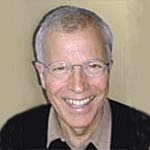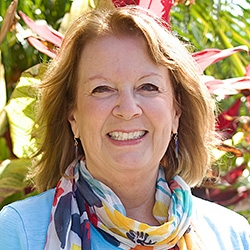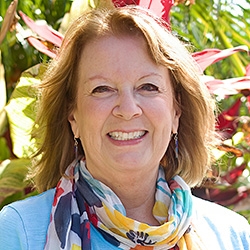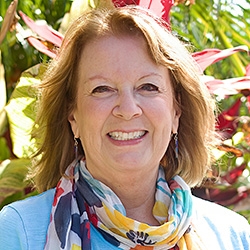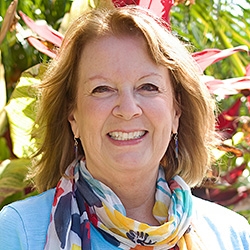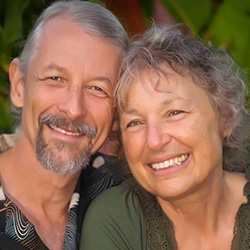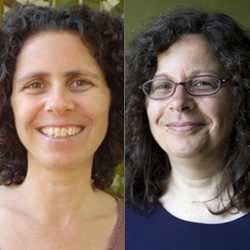

Search Results: expression
-
Rejuvenate your inner world and relationships through deep self-empathy practices.
-
Ask the Trainer: How do I respond to people who believe that consequences are necessary to change behavior?
-
Do you crave greater intimacy with your partner? Wish you had more ease for asking for what you want? Join relationship expert, Kelly Bryson in learning practical tips for building intimacy with your partner.
-
CNVC Certified Trainer Miki Kashtan explains how NVC's OFNR process is a tool to train our consciousness, rather than the "correct" way to speak.
-
Exploring how empathy and honesty work together as essential parts of NVC practice.
-
Trainer Tip: Most of us have been conditioned to withhold the expression of our feelings to some degree. Mary offers a tip to de-stigmatize our feelings and relax into our humanness.
-
Ask the Trainer: Share a list of request types, examples, and a strategy for formulating them.
-
Ask the Trainer: Dealing with judgments about you when the speaker's true unmet need is hidden.
-
Experience a deep process of self-connection and meaningful self-discovery.
-
Trainer Tip: In Nonviolent Communication, we see expressing honesty as a gift of our authenticity, and a chance for others to support us in getting our needs met -- this can flourish and deepen our relationships. We can notice and act on opportunities to be honest with the components of OFNR (Observations, Feelings, Needs, and Requests).
-
Trainer Tip: When we acknowledge our met needs, rather than labeling the other person as good or bad, we achieve a clarity of mind that deepens our connection to ourselves and other people.
-
Ask the Trainer: "In trainings I say our jackals are thoughts and now I've come to wonder if all thoughts are jackals...?"
-
Trainer Tip: It can be painful spending our days pretending we’re not who we are. For example, we may try not to be passionate in our expression because if we think its “too much” for people. This can lead to trying to figuratively to squeeze ourselves into small spaces in life. Alternatively, we can choose who to share our passion with, and speak our truth to. Today, notice what you need and to work actively to meet your needs.
-
Explore and embrace your true self in this gentle journey toward authentic self-love.
-
Fear in dealing with a neighbor's 'wastebasket talk.' Only leaving or interrupting stops the flow.
-
Oren J. Sofer offers an NVC approach to navigating tough moments—balancing honest self-expression with deep listening. Discover how centering yourself, naming your intentions, and hearing the other person first can create the understanding needed for true connection.
-
Awaken creativity and self-awareness through color, line, and emotional expression.
-
Jim Manske demonstrates using NVC and self-connection to create sincere, healing apologies.
-
Nonviolent Communication includes a practice of empathy that involves listening for feelings and needs no matter how someone expresses themselves, and reflecting back the feelings and needs when it is helpful to do so. You can reflect back in a traditional NVC manner, or in a more creative way, with metaphors.
-
Connection requests focus on the quality of connection between people instead of on any particular strategy or solution. While the core motivation for a connection request may be connection with the other person, varied internal states and needs may help guide us toward different types of connection requests. Self-connection and understanding of our motivation in making a connection request can therefore greatly support our capacity for discovering and articulating what specifically we want from the other person that we believe may contribute to connection.
Quick Links

Stay in Touch!
We value your privacy, won't share your email address and you can easily unsubscribe any time.


